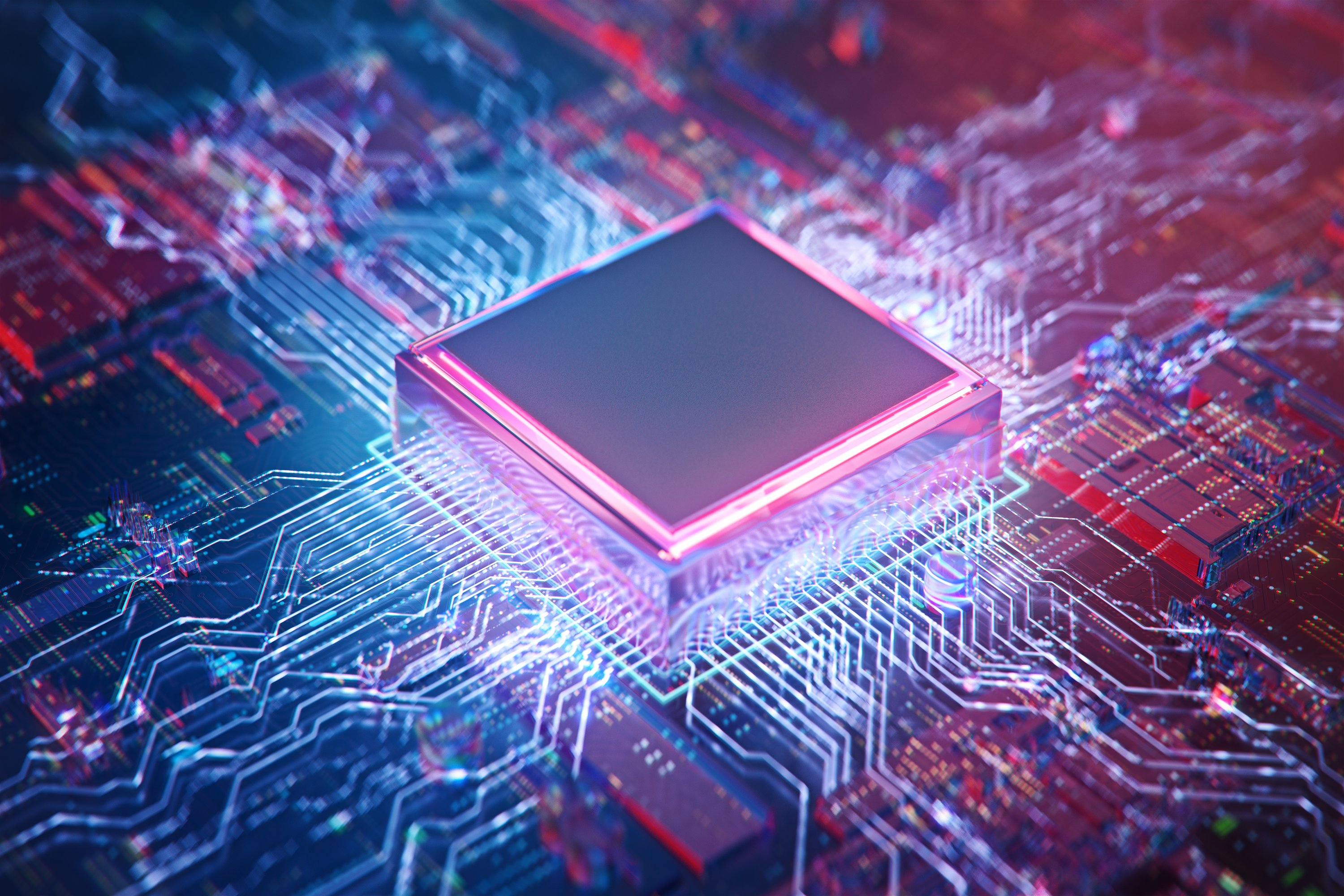The MIT AI Hardware Program is a new university-industry collaboration to define and develop translational technologies in hardware and software for AI and the quantum era. The result of a collaboration between the MIT School of Engineering and the MIT Schwarzman College of Computing, involving the Microsystems Technology Laboratories and the college’s programs and units, the interdisciplinary effort aims to innovate technologies that will provide improved energy efficiency for cloud and edge computing.
“A focus on manufacturing, research and design of AI hardware is essential to meet the demands of the world’s ever-changing devices, architectures and systems,” said Anantha Chandrakasan, Dean of the MIT School. of Engineering and Vannevar Bush Professor of Electrical Engineering and Computer Science. “Knowledge sharing between industry and academia is imperative for the future of high-performance computing.”
Based on use-inspired research involving materials, devices, circuits, algorithms, and software, the MIT AI Hardware Program brings together researchers from MIT and industry to facilitate the transition from fundamental knowledge to solutions. real-world technology. The program covers materials and devices, as well as architecture and algorithms enabling energy-efficient and sustainable high-performance computing.
“As AI systems become increasingly sophisticated, new solutions are needed to enable more advanced applications and deliver better performance,” says Daniel Huttenlocher, Dean of MIT Schwarzman College of Computing and Henry Ellis Warren Professor of electrical and computer engineering. “Our goal is to design real-world technology solutions and lead the development of technologies for AI in hardware and software.”
The program’s first members are companies from a wide range of industries, including chip manufacturing, semiconductor manufacturing equipment, AI and computing services, and systems R&D organizations. information. The companies represent a diverse ecosystem, both domestically and internationally, and will work with MIT faculty and students to help shape a vibrant future for our planet through cutting-edge research in AI hardware.
The first five members of the MIT AI Hardware Program are:
- Amazon, a global technology company whose hardware inventions include the Kindle, Amazon Echo, Fire TV, and Astro;
- Analog Devices, a world leader in the design and manufacture of analog, mixed-signal and DSP integrated circuits;
- ASML, an innovation leader in the semiconductor industry, providing chipmakers with hardware, software and services to mass-produce patterns on silicon using lithography;
- NTT Research, a subsidiary of NTT that conducts fundamental research to improve reality in revolutionary ways that improve lives and illuminate our global future; and
- TSMC, world leader in foundry dedicated to semiconductors.
MIT’s AI Hardware Program will create a roadmap of transformative AI hardware technologies. Leveraging MIT.nano, the world’s most advanced academic nanofabrication facility, the program will foster a unique environment for researching AI hardware.
“We are all in awe of the seemingly superhuman capabilities of today’s AI systems. But that comes with a rapidly rising and unsustainable energy cost,” says Jesús del Alamo, Donner Professor in the Department of Electrical Engineering. and Computer Science from MIT.”Continued advances in AI will require new systems that are much more energy efficient. This, in turn, will require innovations across the entire abstraction stack, from materials and devices to systems and software. The program is in a unique position to contribute to this quest.
The program will prioritize the following topics:
- analog neural networks;
- new roadmap CMOS designs;
- heterogeneous integration for AI systems;
- onolithic-3D AI systems;
- analog non-volatile memory devices;
- software-hardware co-design;
- cutting-edge intelligence;
- smart sensors;
- energy-efficient AI;
- Intelligent Internet of Things (IIoT);
- neuromorphic computing;
- Security at the edge of AI;
- Quantum AI;
- wireless technologies;
- hybrid cloud computing; and
- high performance computing.
“We live in a time when breakthrough discoveries in hardware, communications systems and computing have become mandatory for finding lasting solutions – solutions that we are proud to offer to the world and to generations to come. “, says Aude Oliva, principal researcher. at MIT Computer Science and Artificial Intelligence Laboratory (CSAIL) and Director of Strategic Industry Engagement at MIT Schwarzman College of Computing.
The new program is co-directed by Jesús del Alamo and Aude Oliva, and Anantha Chandrakasan is the chair.

